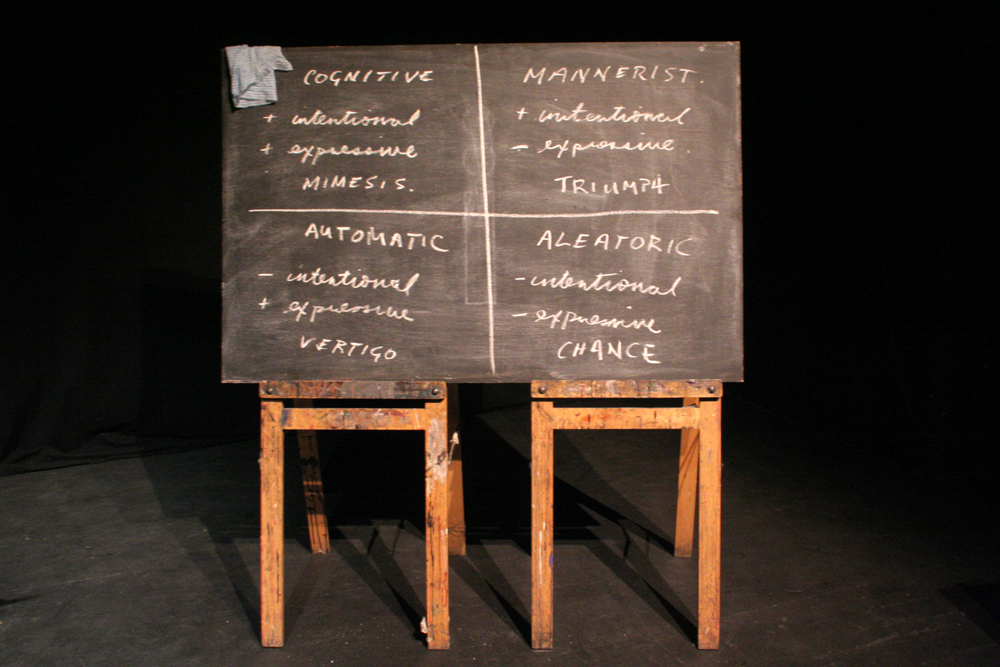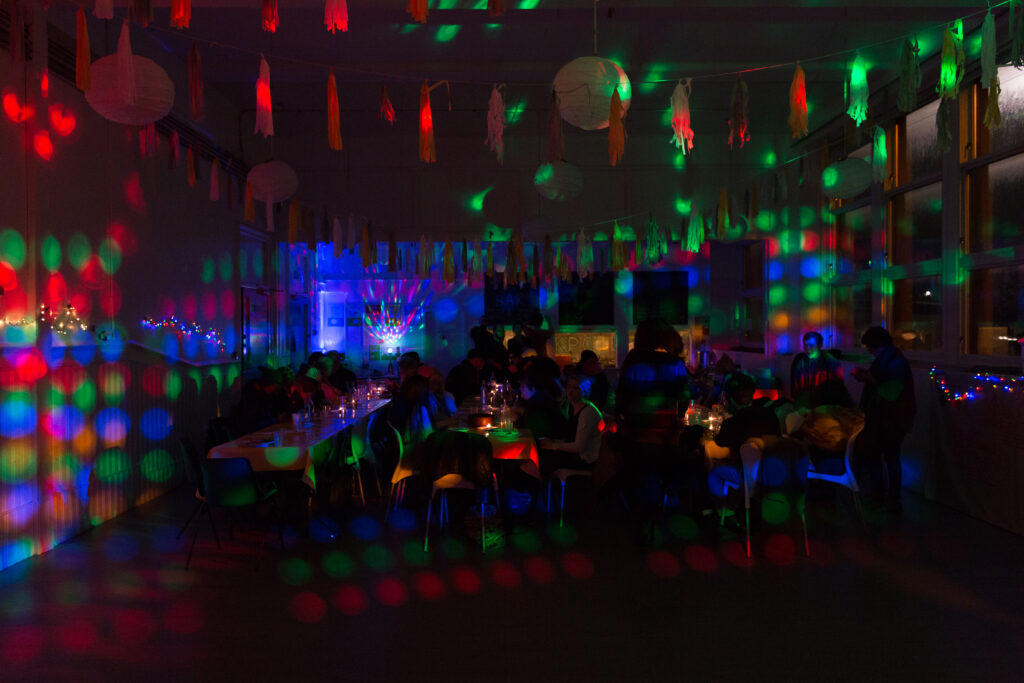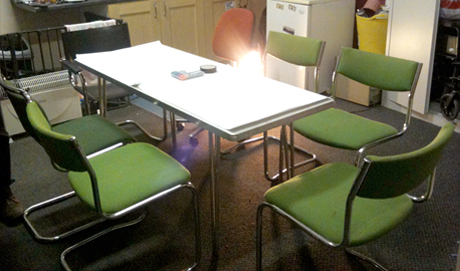
JILAT
JLIAT / James Whitehead
UK conceptual/ drone/ noise artist, who is seriously posing what might seem to be unanswerable questions of music.
Arika have been creating events since 2001. The Archive is space to share the documentation of our work, over 600 events from the past 20 years. Browse the archive by event, artists and collections, explore using theme pairs, or use the index for a comprehensive overview.

UK conceptual/ drone/ noise artist, who is seriously posing what might seem to be unanswerable questions of music.

What is the radical concept at the core of ‘rhythm’, expanded from simply musical or mathematical notions to encompass personal, social, collective rhythms?

A cinema of the mind, a film to take place in the viewers’ imagination(s).

A dialogical meeting of Baraka’s radical poetry and Grimes’ free jazz syncopation.

The struggle for sex workers’ rights and how we can understand it in the continuum of care work and other forms of invisibilised and precarious work.

Christian Bök‘s work spans thrillingly conceptual poetry to body-shaking vocal performances.

The mutability of the body and the mobility of identity: queered pop culture, drag, lip-sync and performance.

Four perspectives from people involved in different anti-capitalist and anti-racist struggles, considering how ideas of ‘ending’ have shaped their political thinking and praxis.

Complexly interacting colossal drones by the creator of some of the most legendary yet least heard music of the 70’s.

For day five of Ultra-red’s project, the investigation will review the previous work undertaken together, and perhaps draw up a summary of reflections and pose some future questions.

Offering a crip grief transformation and witness altar. A place to sit and breathe, remember our dead, wash our hands and leave offerings to and for loved ones we’ve lost – and for ourselves. Expect fire and a little bit of smoke. Concluding with a D/deaf centered social space with conversational interpreters available for those who do not speak ASL.

There are core ways in which our listening to the radio differs from other kinds of listening. What happens when we pay attention to how we pay attention?